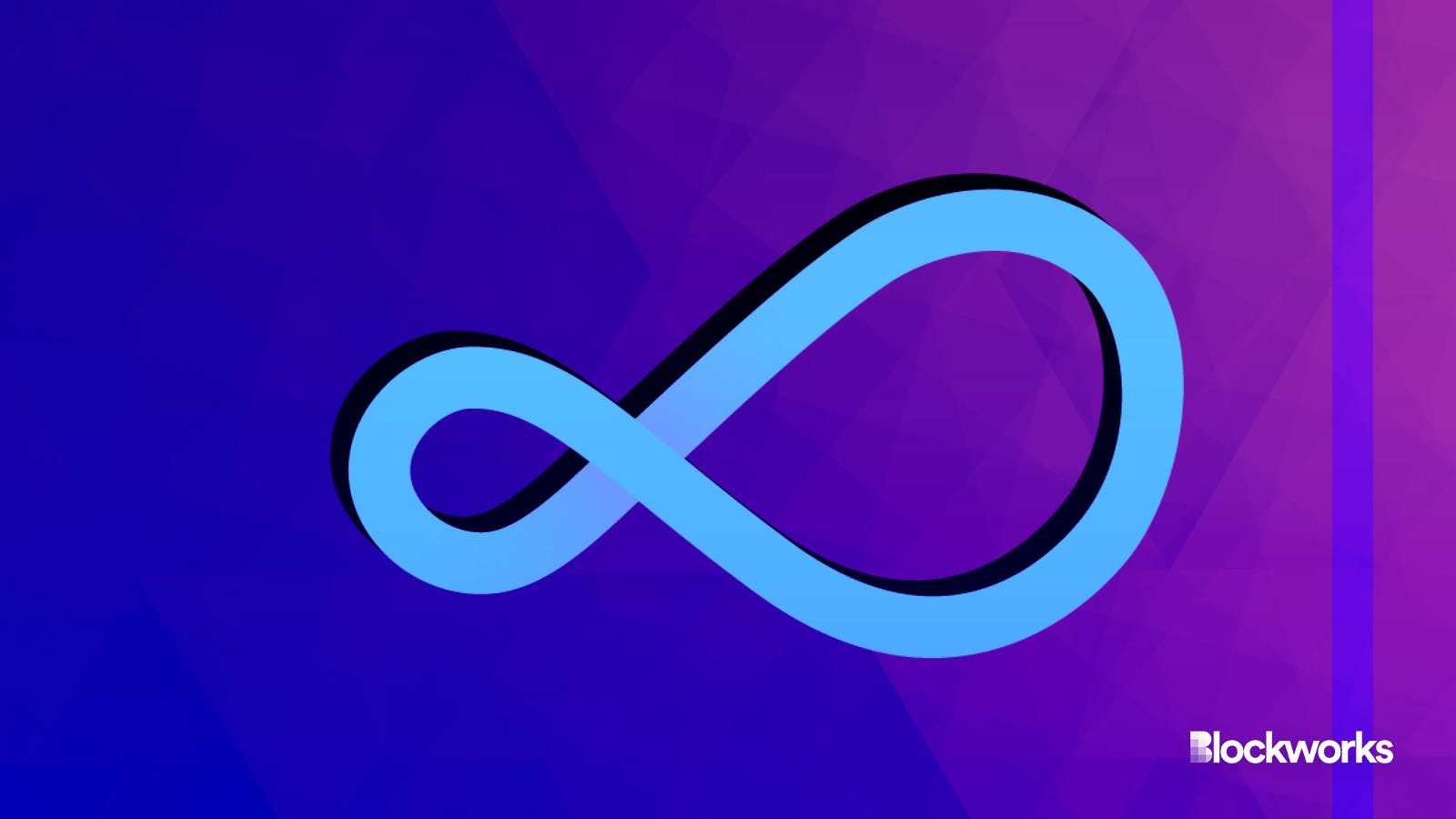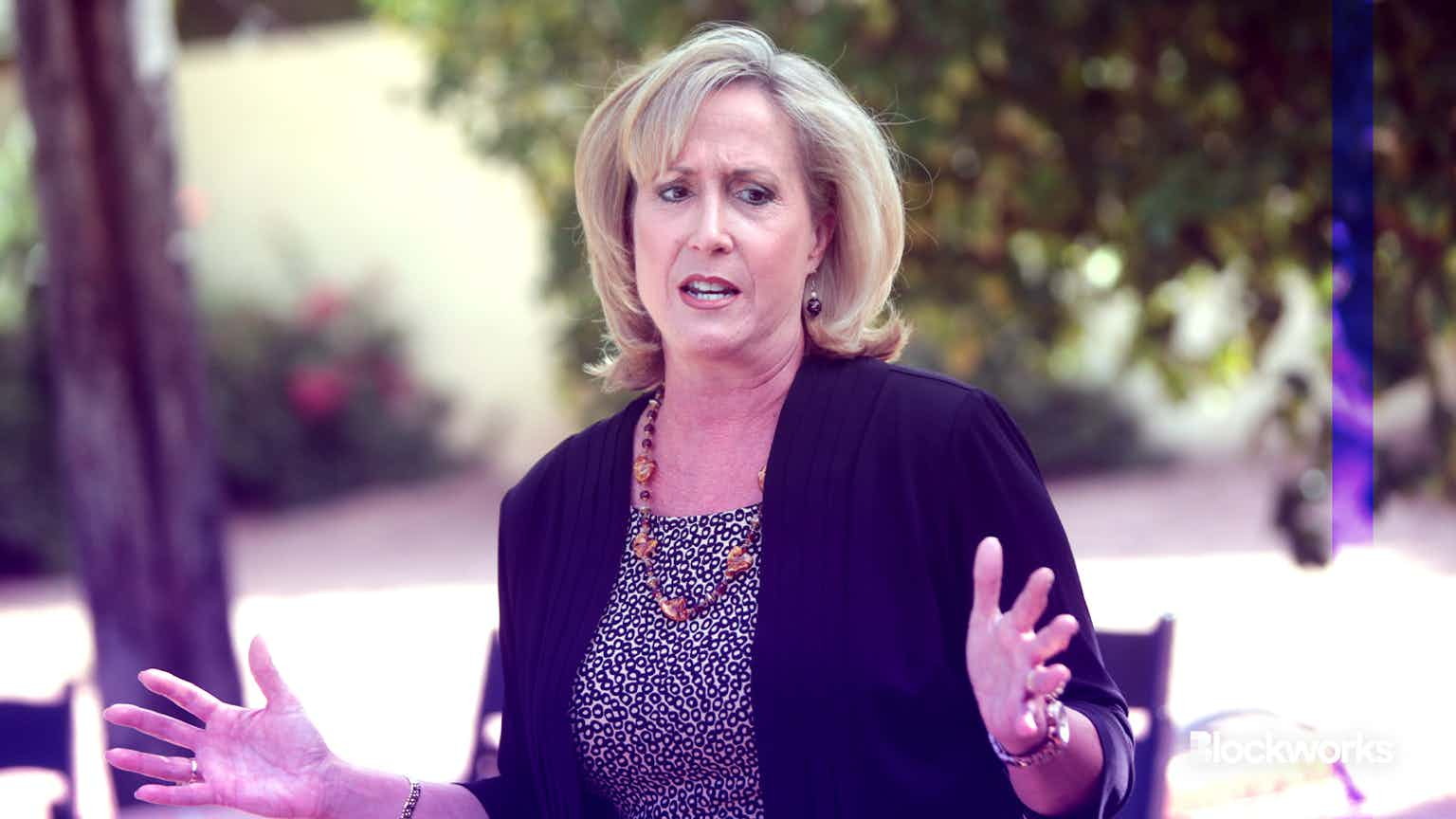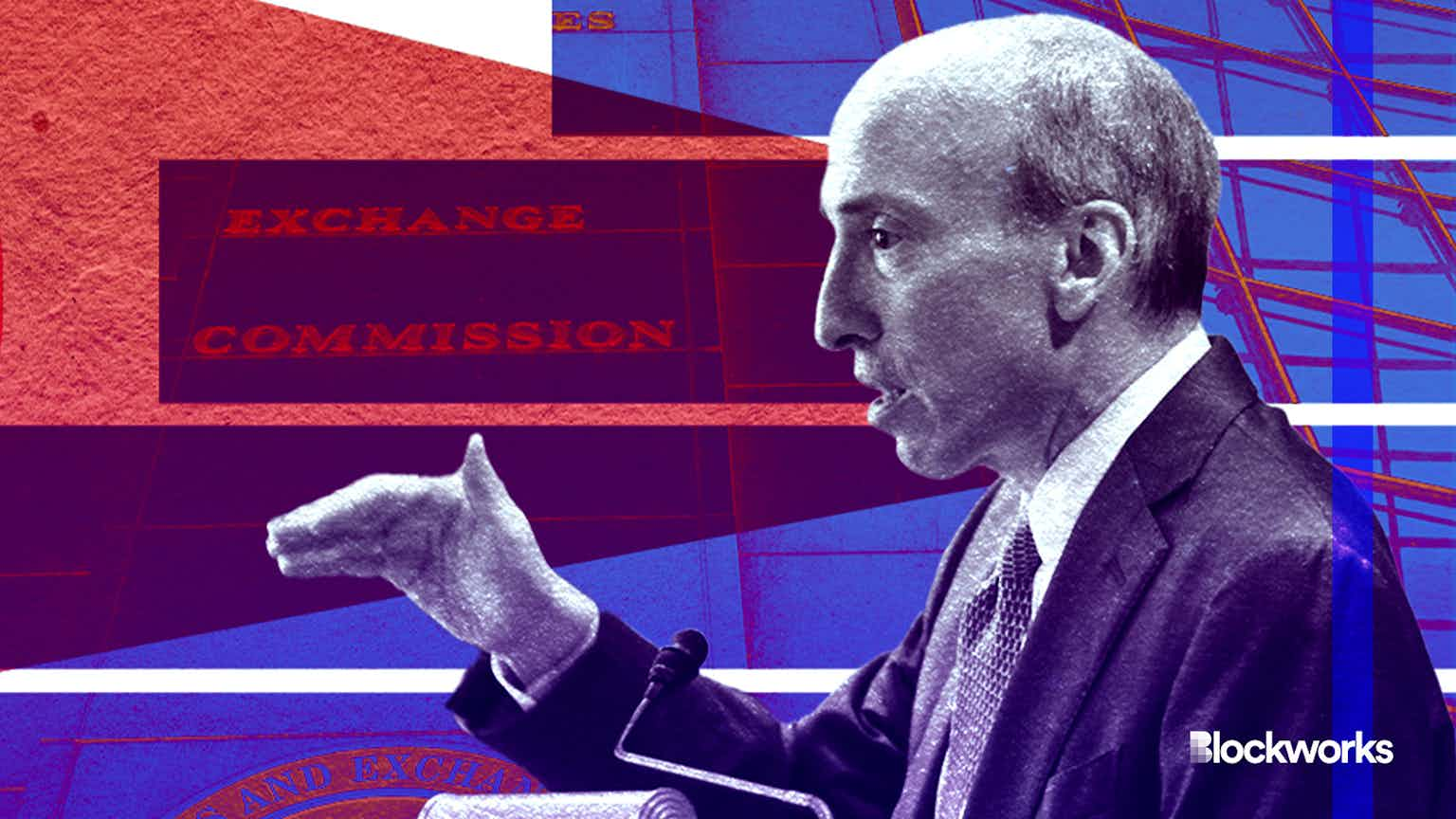Obol eyes institutions with insurance partnership for distributed ETH validators
Relm and Chainproof will provide insurance quotes to distributed validators

Obol Labs and Adobe Stock modified by Blockworks
Obol Labs has partnered with crypto insurance platforms Relm and Chainproof to offer insurance for Ethereum stakers that use Obol’s distributed validator technology.
Should the insurance be cheap enough to be worth buying, potentially risk-conscious institutions could be appeased to take part in one of Obol’s distributed validators. Obol’s distributed validators, or DVs, aim to present a pathway to a more decentralized Ethereum network.
Since the shift to proof-of-stake, Ethereum blocks have been created and transactions are validated by a set of validators who stake ETH as collateral. Currently, it takes 32 ETH to run a full Ethereum node, an amount equal to more than $100,000 at current prices.
Read more: Cheatsheet: Ethereum on track to burn $10B ETH over next year
Obol’s distributed validators let validators run on more than one node. This allows community members to begin validating transactions with less than 32 ETH and could serve to decentralize ETH’s pool of validators.
Liquid staking giant Lido, which has been accused of centralizing the Ethereum staking space due to its large share, just saw its Obol-enabled distributed validator module be activated on Ethereum mainnet. Obol has also begun work with EigenLayer, the buzzy protocol focused on Ethereum restaking.
With the insurance launch, a group of node operators running an Obol distributed validator can approach Relm or Chainproof and request an insurance quote, the price of which will vary based on their setup.
Slashing is a prominent risk the insurance will try to address, which occurs when the Ethereum network destroys some of a validator’s ETH for incorrectly processing transactions. This creates an incentive for the blockchain to be accurate, but the costs to validators can be steep.
Slashing is somewhat rare, however. 431 validators have been slashed on the Ethereum network since December 2020, according to Rated.
Chainproof’s insurance will cover slashing along with downtime losses and private key compromise. Relm’s insurance will cover missed rewards, attestation penalties and the loss of private keys, Obol Labs said.
Read more: The institutions are paying attention. Now comes the hard part.
The success of the distributed validator insurance largely depends on how much it ends up costing, according to Max Sherwood, Obol Labs’ content and communications manager.
But if insurance is economically feasible, it could bring institutions — who have elevated risk and compliance standards — into DV staking.
“For a lot of players in the ecosystem, insurance has just been too expensive, and they’ve just opted not to use it,” Sherwood said. “But there’s plenty of stakers that can’t afford to not have insurance…institutional stakers, for example. There’s plenty of pools of capital that might be open to staking their ETH but just won’t do it without insurance.”
Updated April 12, 2024 at 1:50 pm ET: Added statement about Relm’s insurance coverage.
Start your day with top crypto insights from David Canellis and Katherine Ross. Subscribe to the Empire newsletter.





